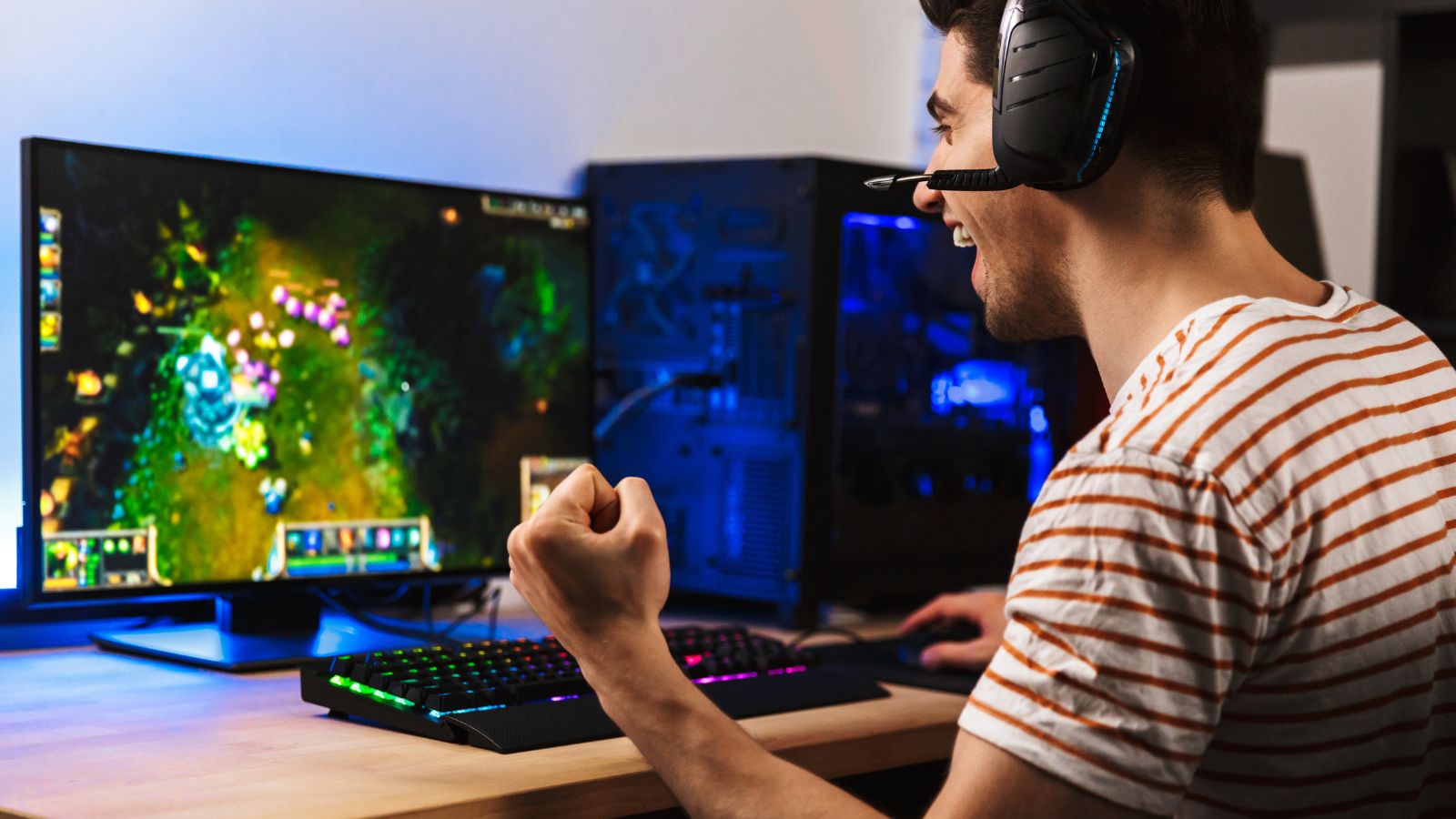Video games appear in homes, schools, and offices across many countries. Parents worry about long screen time, while players report calm and learning. The real picture sits between strict warnings and loud praise from fans. To judge effects, focus on feelings, thinking skills, and ties with others. Each play session blends these parts into patterns that guide mood and action. Fast shooters differ from calm farm sims, yet both can shape attention and choices. Scientists keep testing how pixels nudge feelings, and clear trends already appear. These findings help families, teachers, and workers set smart rules around play. With sound facts, people can choose well, pace sessions, and lower hidden risks. That approach turns games into support, not harm, for health and growth. Clarity replaces fear, and play becomes a mindful part of daily life. Game genres shape these effects in distinct ways across short and long spans. Kids, teens, and adults respond differently based on needs and habits. Personal goals, mood, and company during play also shift outcomes.
Emotional Highs and Lows
A simple button press can ignite a quick chain of brain events. Bright scenes, bold music, and instant wins release dopamine linked with joy. Short peaks feel great and make the play engaging for many regular players. Heavy bursts can blunt thrill, pushing people toward harder goals and longer sessions. Scary games raise fear, spark the amygdala, and speed the beating heart. That safe stress builds coping skills without real danger or lasting harm. Nostalgia also matters for mood and can lift joy during short breaks. Fans of fruit slots often cite EGT and still explore fresh spins. Some visit https://40-burning-hot.mk/ to see the classic style take new form. Games like 40 Burning Hot show fond memories that can excite without feeding harmful urges. By tracking emotional swings, players can pause, breathe, and reset wisely. Simple routines prevent feelings from steering play into loops that feel hard. Wins granted on variable schedules feel strong and keep people pressing onward. Losses that feel unfair can spark anger and quick, rash choices. Naming feelings out loud can lower stress and bring steady control.
Cognitive Gains and Possible Pitfalls
Speedy games can sharpen focus and improve hand-eye control for quick tasks. In lab tests, regular players spot tiny screen changes faster than others. Puzzle journeys train memory, planning, and stepwise thinking for tricky goals. Strategy titles demand flexible plans that transfer to schoolwork and simple budgets. These gains feel real when practice pairs with rest and review time. There are costs when habits grow messy or sessions stretch without breaks. Constant multitasking can make slow lessons harder to follow and finish. Flashy alerts can raise boredom limits, turning chores into empty grinds. Moderation keeps benefits strong and reduces fatigue or drifting attention. Short sessions with quiet gaps let the brain store skills with ease. Timers, app tools, and shared plans help keep play from crowding duties. Pair lively study tasks with calmer work to hold steady, clear focus. Mapping skills grow as players track paths, keys, and timed doors. Reading game maps and logs can build quick scan habits for text. Too much late play can blunt memory, making next-day recall feel slow.
Social Connections in Online Spaces

Many still picture lone players in dim rooms with humming screens. In practice, many games center on teams and shared goals each day. Group quests ask members to share gear, solve puzzles, and guard friends. Fast bonds grow through wins and losses, and friendships can last years. Voice chat and clan boards reward clear talk, since missed cues break plans. Shy students can practice sharing ideas through avatars with less pressure. Supportive groups reduce loneliness and may ease low mood for some. There is also harm, with trash talk, bullying, and cold exclusion. Hidden names can make speech bolder and rooms feel less safe. Set clear rules and use reports to keep toxic acts in check. Pick kind groups that keep fair play, welcome newcomers, and model respect. Save proof when harm occurs and report early to stop repeat cases. Shared craft markets teach fair trade, price sense, and basic deal talk. Leader roles teach calm guidance, time plans, and a wise split of duties. Cross-country teams expose players to slang, humor, and new daily views.
Healthy Habits and Practical Tips
Healthy play starts with simple, steady limits that hold on busy days. Set a daily screen budget and keep it across weekdays and weekends. Use a kitchen timer or phone alarm as a calm, neutral referee. Mix play with movement to protect joints, eyes, and steady attention. Stretch breaks, brisk walks, or jumping jacks refresh blood flow and focus. Parents and teens can write a shared plan for games and school. List allowed titles, session length, and homework-first rules in clear terms. Keep consoles in open rooms to invite talk and curb late play. Watch for missed meals, lower grades, or anger when asked to stop. When warning signs appear, try a brief detox and some outdoor time. Steady sleep matters, since late sessions can cut deep into rest and mood. Link chores and study goals with play, so extra minutes feel earned. With mindful routines, games support growth, joy, and healthy social ties. Hydration and snacks help, but keep portions modest to avoid sluggish play. Blue light filters or glasses can ease eye strain during late sessions. Plan no-screen hours before bed to guard sleep quality and mood.
